Season’s Greetings from Bio4Energy
As the season draws to a close, Bio4Energy wants to wish its friends and followers a
Merry Christmas and a Happy New Year!
We wish our researchers and partners to have break over Christmas, to come back strong to work in the New Year.
Education in focus in 2024
For our part, 2024 will have a focus on education with two of the three generic courses of the Bio4Energy Graduate School launching.
Biorefinery Pilot Research, our flagship training where students are introduced to the innovation processes of bio-based applications and technologies by paying visits to industry—both a biorefinery and technology developers—is set to kick off late August.
Systems’ Perspectives of Biomass Resources, gives students the tools with which to place their technology research projects in a regional and global context of biorefinery and bioenergy development, is planned to start sometime in autumn 2024.
Wood Biology and Biotechnology is an extra special five-day intensive training that is designed to give an edge to students of biorefinery interested in the modification of trees and plants for use as input material in bio-based processes. The knowledge and experienced shared here are not available in textbooks and come from leading scientists, several of whom member of our research platform Bio4Energy Forest-based Feedstocks.
Nordic Wood Biorefinery conference to northern Sweden
As is custom, Bio4Enegy will host Researchers’ Meetings for further integration of the research performed on its seven research platforms. The next one is planned for June.
For the first time, the conference Nordic Wood Biorefinery is set to be held Örnsköldsvik, mid-October. Bio4Energy is part of the organisation.
Thank you for 2023! We look forward to continuing the work together with you in 2024.

 Dreamstime
Dreamstime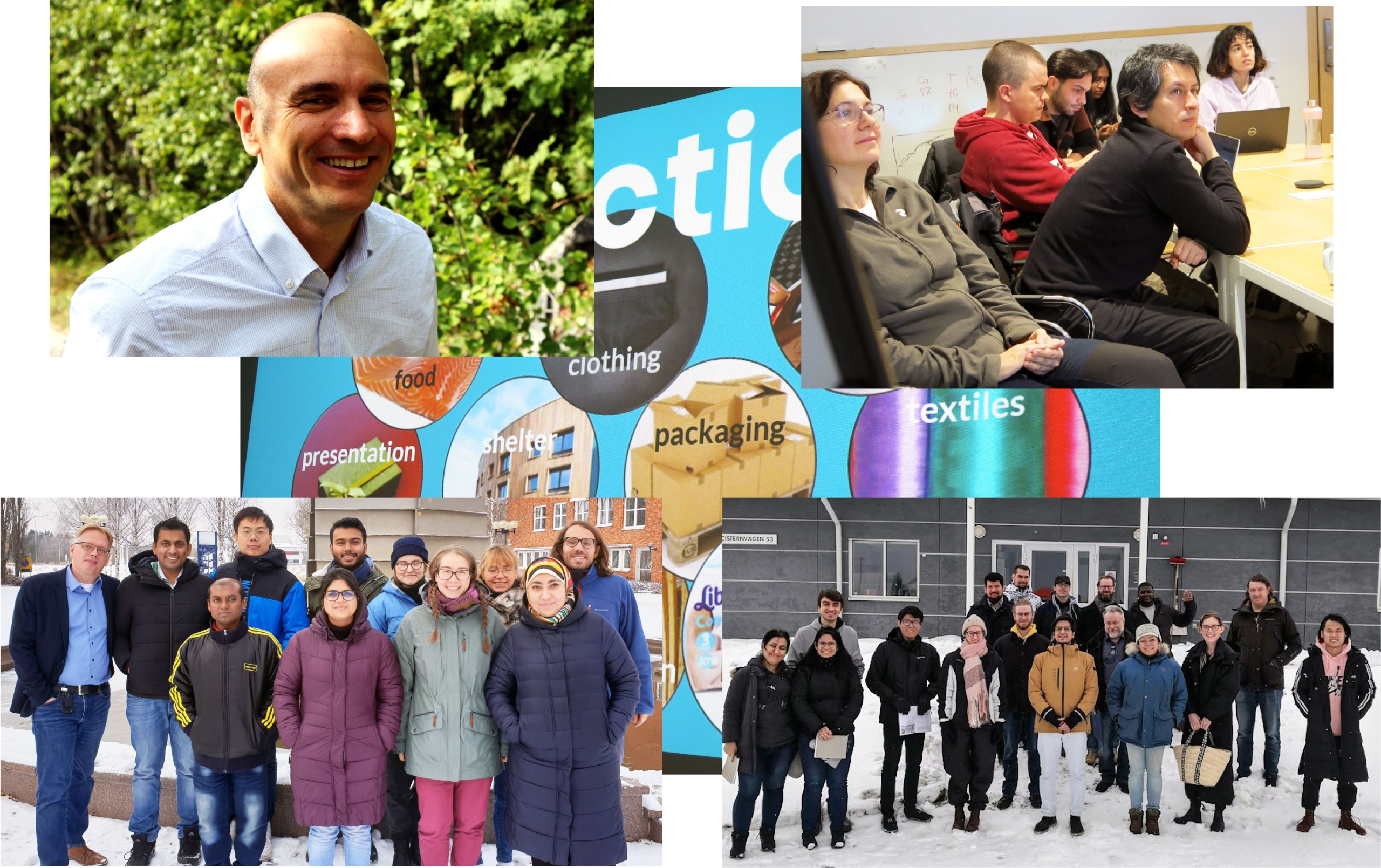 ©AnnaStrom
©AnnaStrom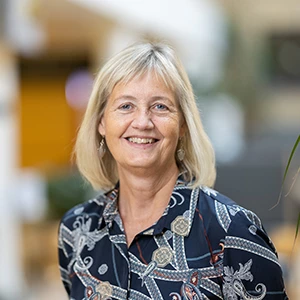
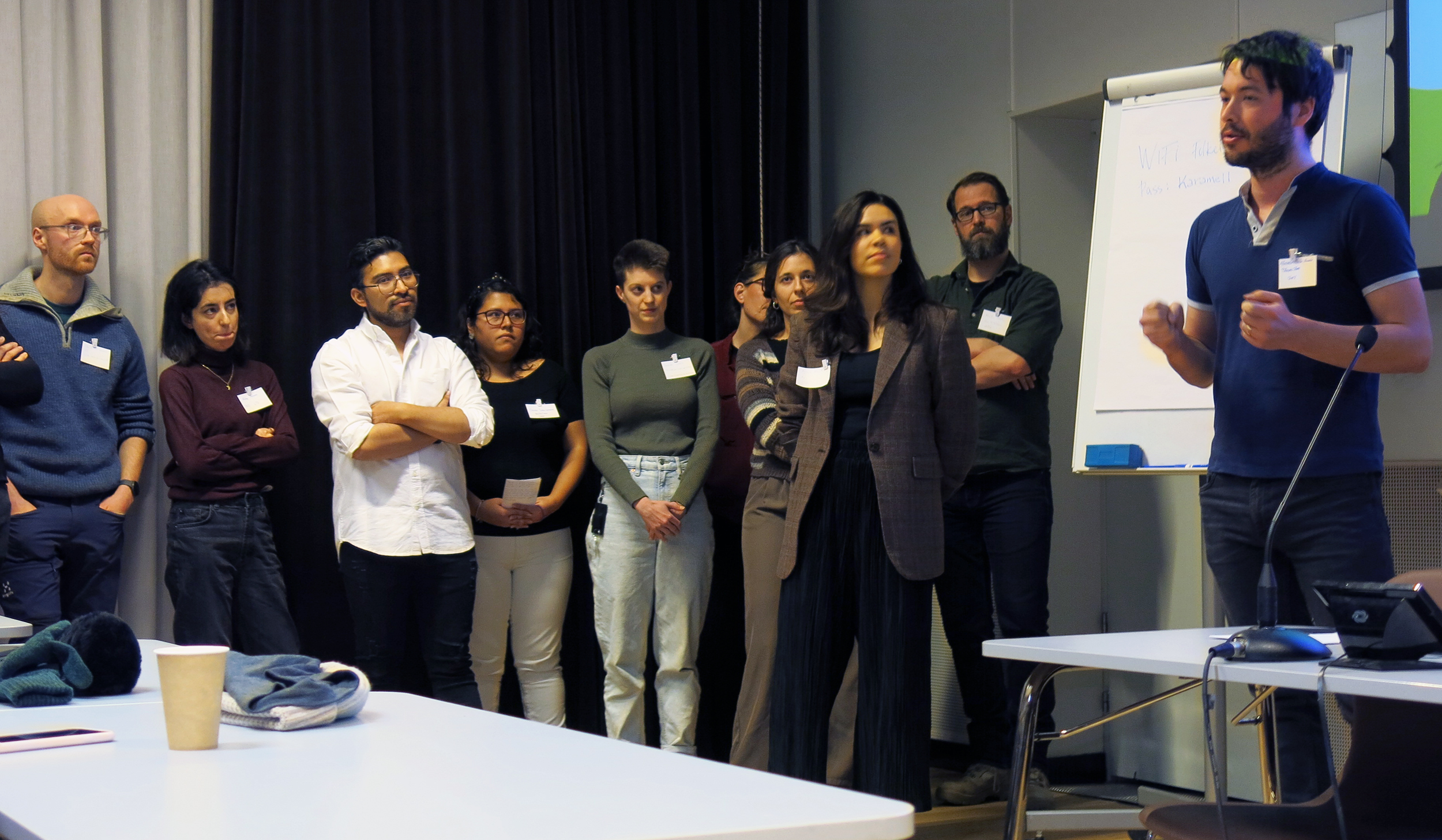 AnnaStrom
AnnaStrom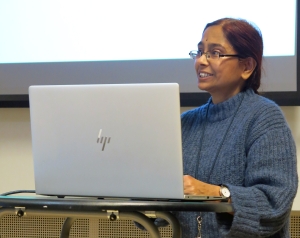

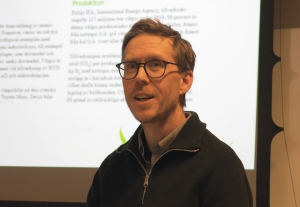
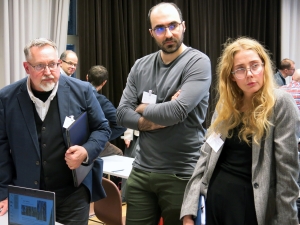
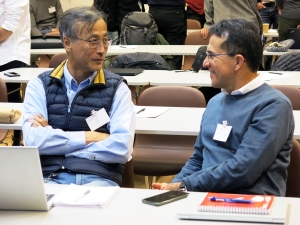
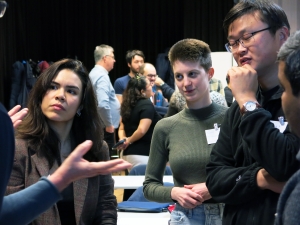
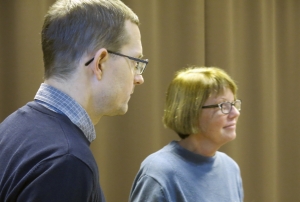
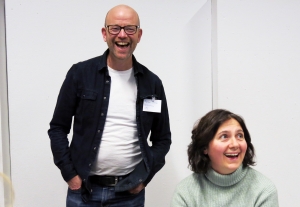
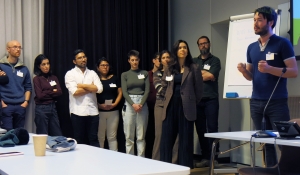
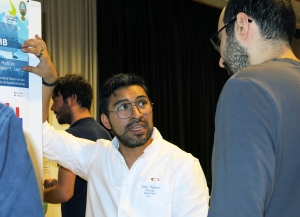
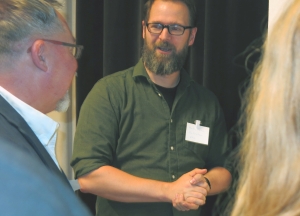
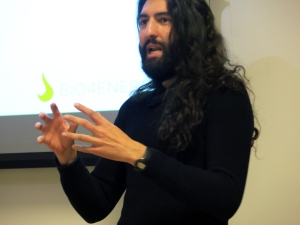
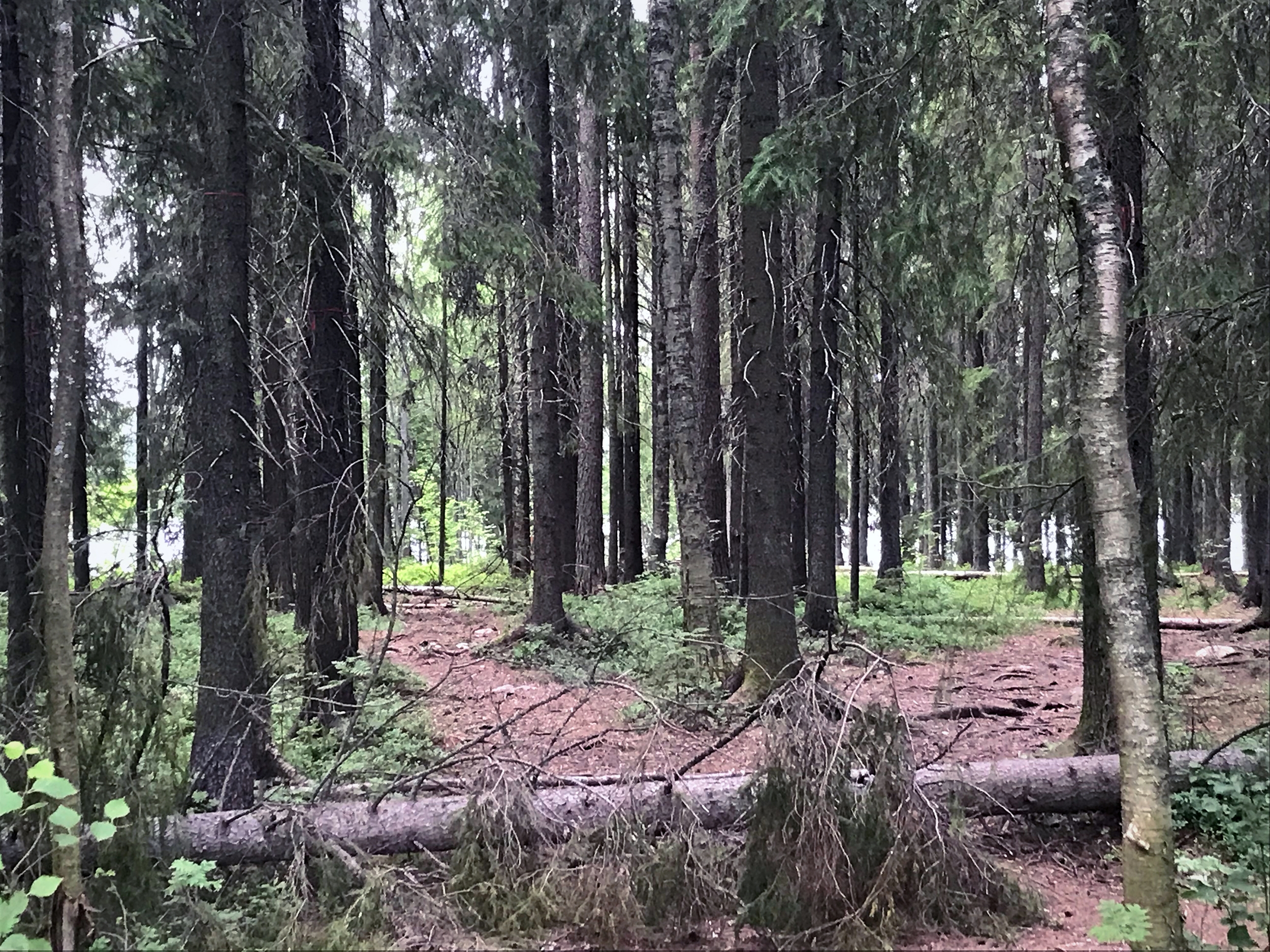 ©AnnaStrom
©AnnaStrom Umea University
Umea University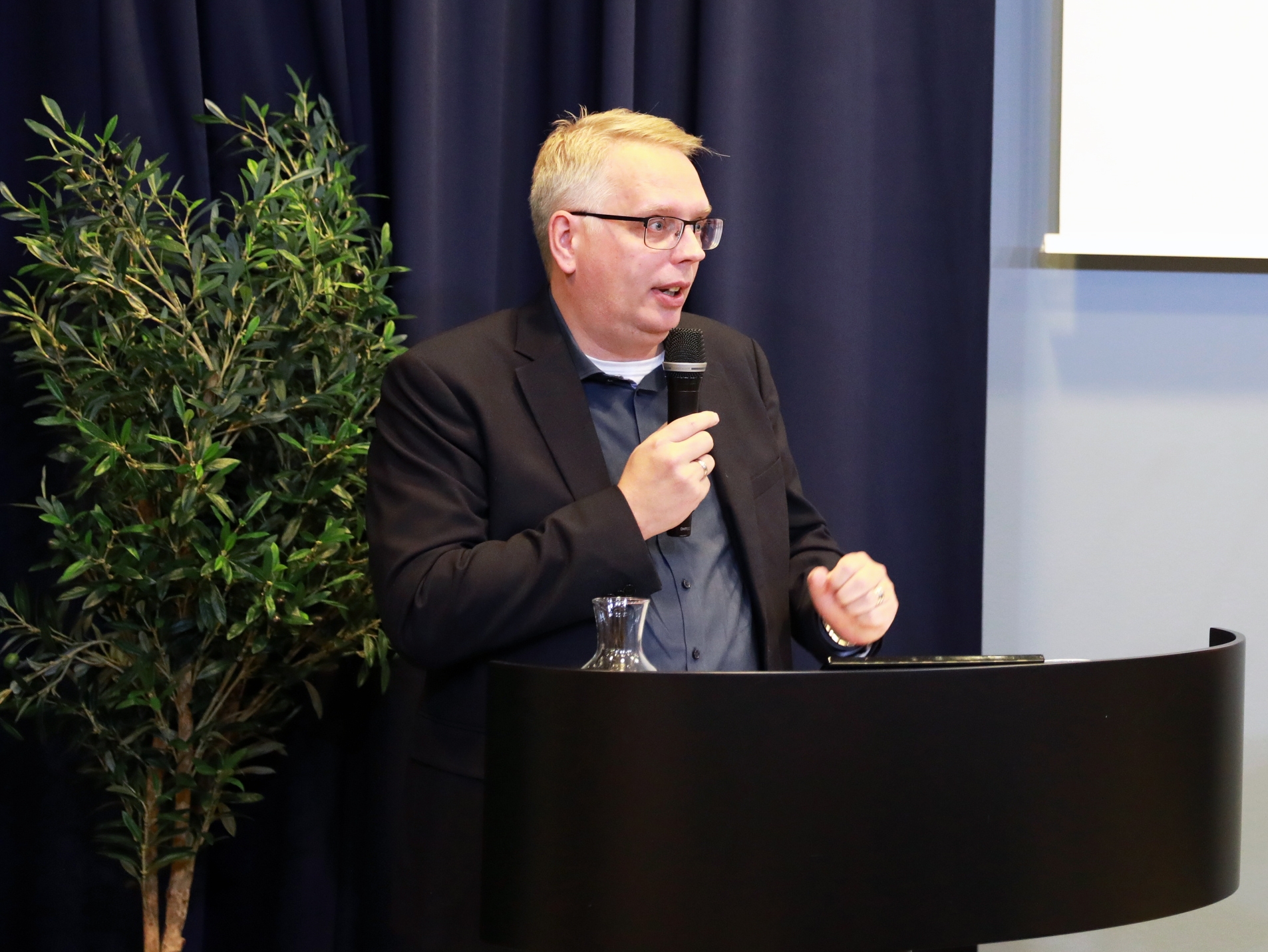
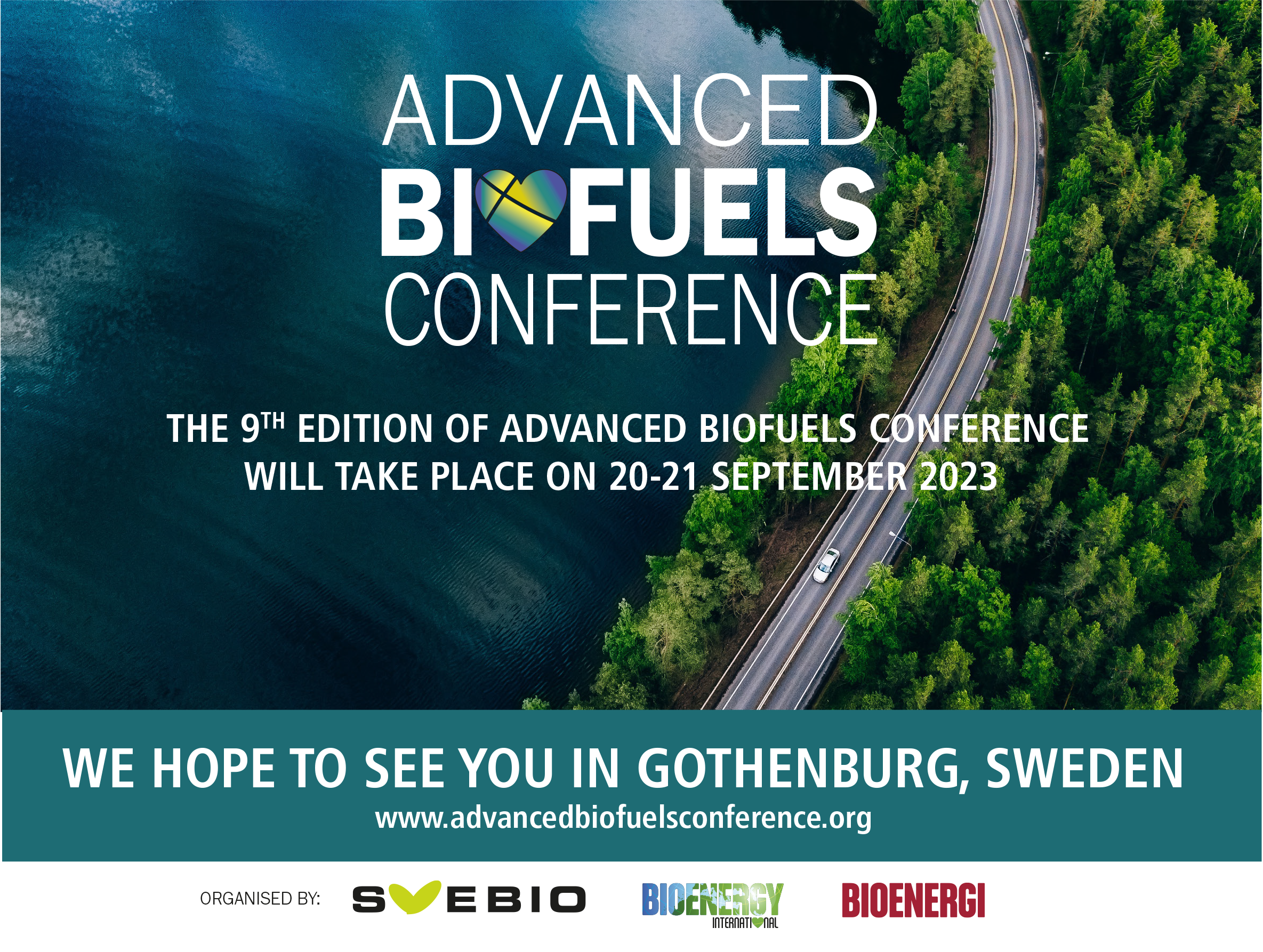 Svebio
Svebio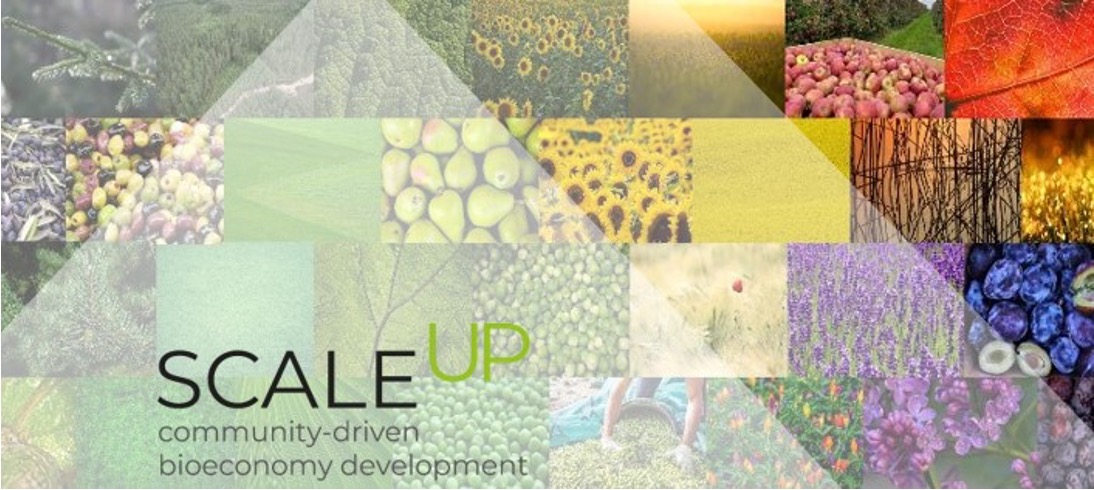 BioFuel Region
BioFuel Region ©AnnaStrom
©AnnaStrom



